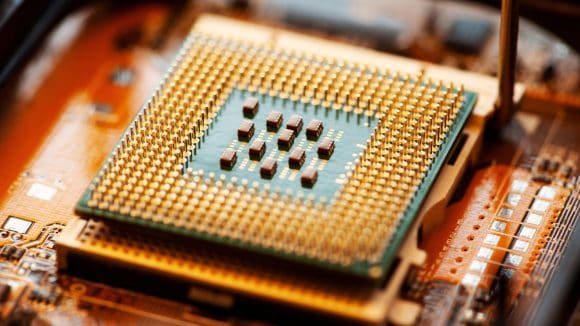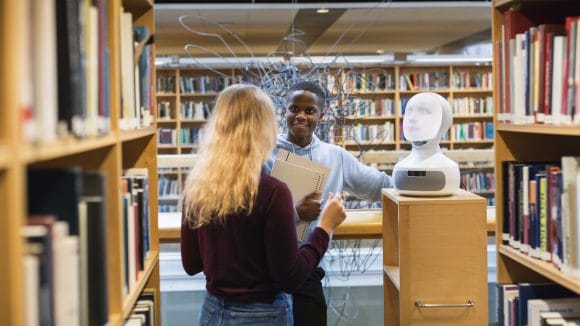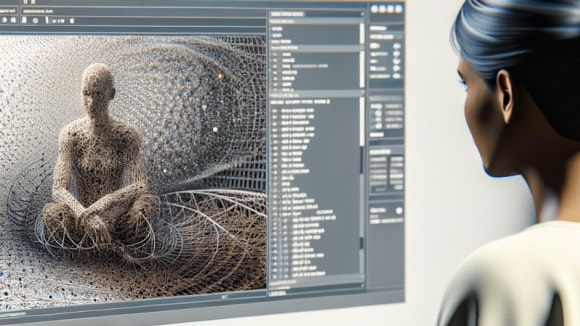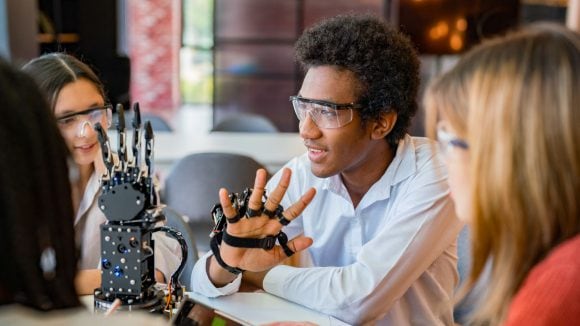At a glance
The AI supercluster
AI should not be thought of as a discrete, stand-alone breakthrough. It is rather a catch-all term for a technology supercluster. Just as “the internet” is a combination of various innovations, from fiber-optic cables to search engines, so AI comprises many interdependent technologies that facilitate and amplify each other.
These combine to form the front-end that most of us will experience via consumer technologies like OpenAI’s Chat-GPT and the back-end underpinning of various services and infrastructure, from personalized medicine to smart power grids.
Simplified, non-exhaustive representation of the technological foundations which enable different forms of AI:
Simplified, non-exhaustive representation of the technological foundations which enable different forms of AI:
Source: UBS
Podcast
The Bulletin with UBS on "AIm high”
A discussion on the social risk and opportunities in the AI-transition.
Quiz
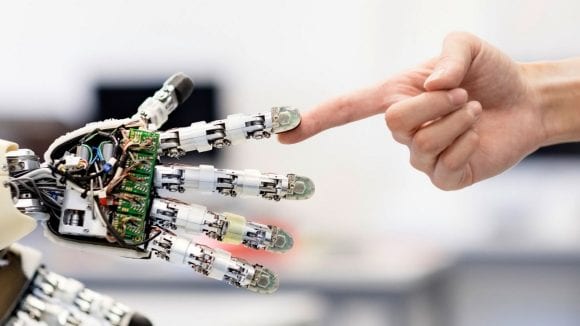

Read the details
As the AI roll-out gathers pace, we find ourselves at an inflection point. The decisions taken in the next few years will decide whether AI's upsides are fully realized and its risks adequately mitigated.
Our white paper contains insights on how to optimize AI’s consequences for human capital, via its impacts on education, workplace productivity, and health.
Related publications
Explore AI-related content across UBS
Insights from UBS Asset Management
AI Insights: The next transformative technology for real estate?
AI Insights: The next transformative technology for real estate?
AI is driving efficiency and innovation across industries and sectors, including real estate. Asset managers who integrate AI into their operations can gain a competitive edge, and risk falling behind if they don’t.
Insights from UBS Asset Management
How does AI change drug discovery?
How does AI change drug discovery?
AI tools have the potential to revolutionize drug discovery by enabling researchers to analyze large-scale data sets, design new molecules, and improve efficacy of clinical trials.
Independent research from UBS Chief Investment Office
Sizing and seizing the AI investment opportunity
Sizing and seizing the AI investment opportunity
Artificial intelligence (AI) may become one of the most profound innovations and largest investment opportunities in human history. We believe that thinking in terms of a value chain is crucial.
Independent research from UBS Investment Bank
Generative AI: tread carefully
Generative AI: tread carefully
Generative AI could be a new general purpose technology and lead to a surge in competitive intensity, transform the workplace and accelerate the pace of innovation.
Independent research from UBS Chief Investment Office
TechGPT: Raising AI revenue forecast by 40%
TechGPT: Raising AI revenue forecast by 40%
We recently introduced "TechGPT," a new series covering the technology sector where we answer the most frequently asked questions from investors on technology and tech-related topics.
Independent research from UBS Investment Bank
Will Generative AI deliver a generational transformation?
Will Generative AI deliver a generational transformation?
The potential of AI has been hotly debated for many years, particularly regarding automation and the workforce impact.





